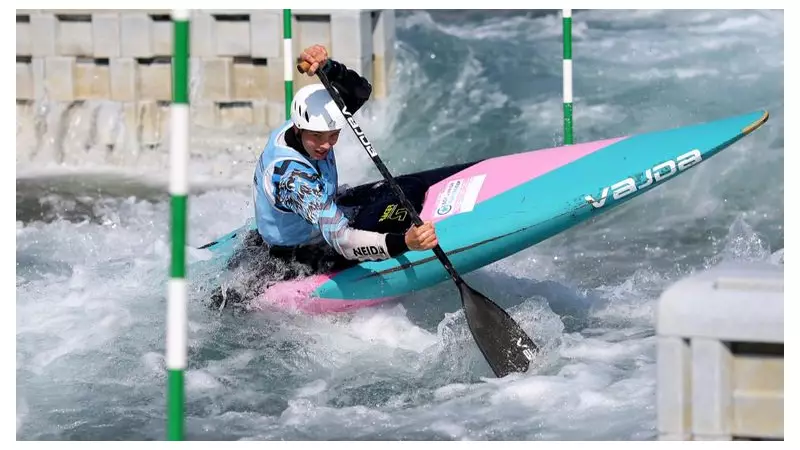
A prominent British canoeist and content creator has been handed a two-year suspension from official competitions after posting an explicit video on her Instagram account, sparking heated debate about athlete conduct regulations in the digital age.
The Controversial Content
Maddy Spivey, who competes under her maiden name Maddy Dennis and also creates content on subscription platform OnlyFans, found herself at the centre of a sporting storm when she shared intimate footage on her public Instagram profile. The video, which showed sexual activity, was reportedly visible to her 7,000 followers before being removed.
The 28-year-old athlete, who has represented Great Britain in marathon canoeing, received notification from British Canoeing that she would be prohibited from participating in any officially sanctioned events until December 2025.
Defence and Backlash
Spivey has vehemently criticised the decision, arguing that the governing body has overstepped its jurisdiction regarding her personal life and online presence. "They're trying to police what I do in my private time, on my personal accounts," she stated in response to the ban.
The canoeist maintains that the video was posted accidentally and removed promptly once she became aware of it. However, British Canoeing has stood by its decision, citing breaches of their code of conduct that applies to all registered competitors.
Broader Implications for Athletes
This case raises significant questions about the boundaries between athletes' professional and personal lives in an era where social media presence is increasingly common. Many sports organisations worldwide are grappling with how to regulate athletes' online behaviour while respecting their privacy and personal brand development.
The incident has ignited discussion among sporting communities about whether disciplinary measures should extend to content that, while potentially controversial, doesn't directly relate to competition performance or involve official team accounts.
As Spivey considers her options, including potential appeals, the case continues to highlight the evolving challenges facing both athletes and governing bodies in navigating digital expression and professional conduct standards.





